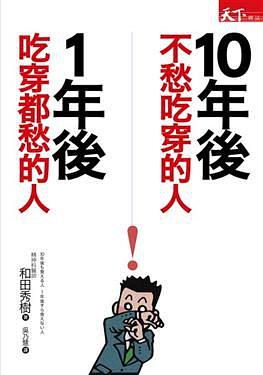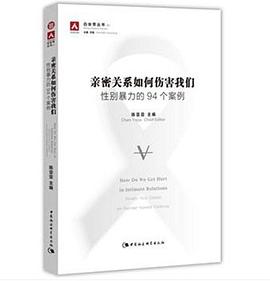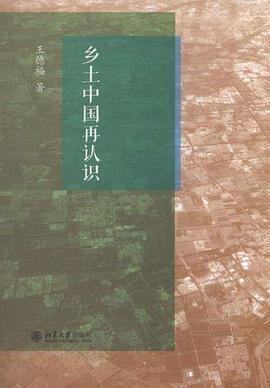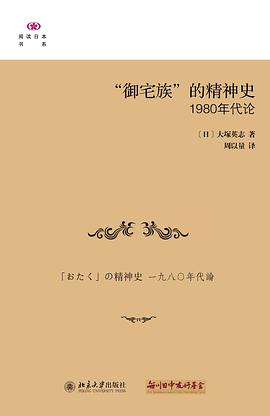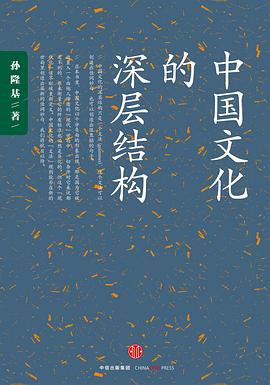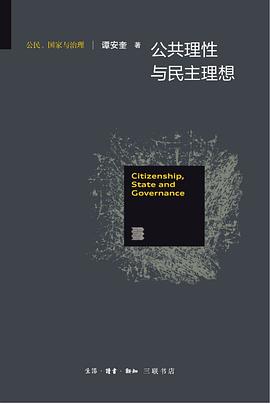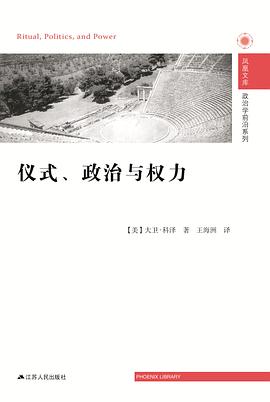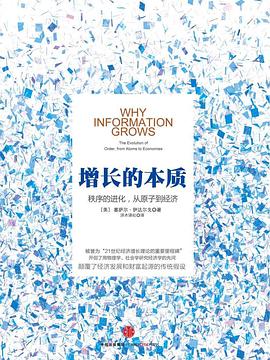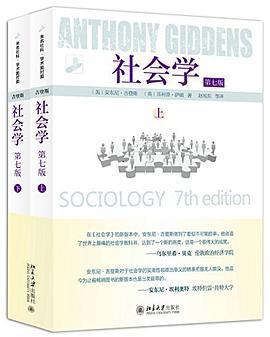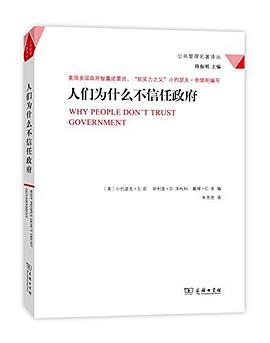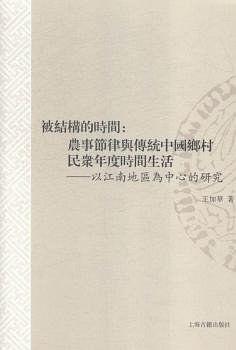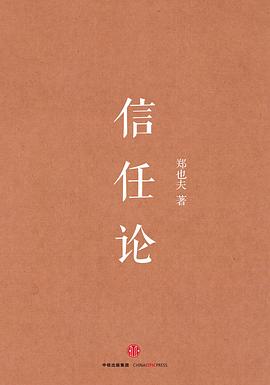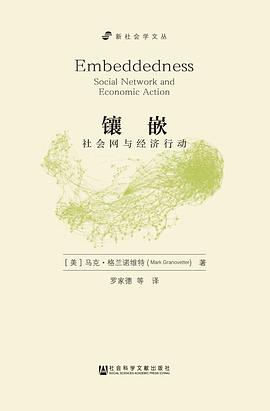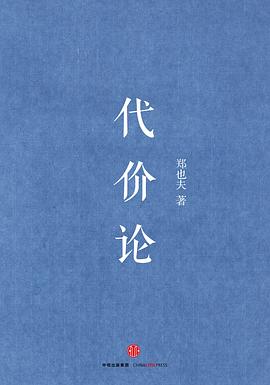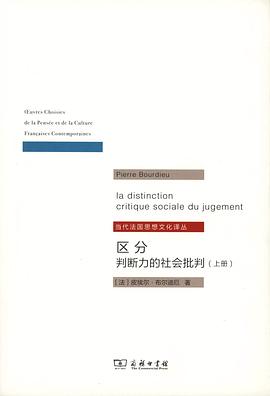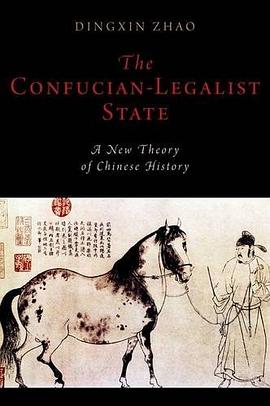
The Confucian-Legalist State pdf epub mobi txt 電子書 下載2025
- 趙鼎新
- 曆史社會學
- 社會學
- 政治學
- 曆史
- 儒法國傢
- 海外中國研究
- 先秦史
- 儒法閤流
- 中國傳統政治
- 國傢治理
- 法傢思想
- 儒傢思想
- 古代中國
- 政治製度
- 曆史哲學
- 統治術
- 思想史

具體描述
In the The Confucian-Legalist State, Dingxin Zhao offers a radically new analysis of Chinese imperial history from the eleventh century BCE to the fall of the Qing dynasty. This study first uncovers the factors that explain how, and why, China developed into a bureaucratic empire under the Qin dynasty in 221 BCE. It then examines the political system that crystallized during the Western Han dynasty, a system that drew on China's philosophical traditions of Confucianism and Legalism. Despite great changes in China's demography, religion, technology, and socioeconomic structures, this Confucian-Legalist political system survived for over two millennia. Yet, it was precisely because of the system's resilience that China, for better or worse, did not develop industrial capitalism as Western Europe did, notwithstanding China's economic prosperity and technological sophistication beginning with the Northern Song dynasty.
In examining the nature of this political system, Zhao offers a new way of viewing Chinese history, one that emphasizes the importance of structural forces and social mechanisms in shaping historical dynamics. As a work of historical sociology, The Confucian-Legalist State aims to show how the patterns of Chinese history were not shaped by any single force, but instead by meaningful activities of social actors which were greatly constrained by, and at the same time reproduced and modified, the constellations of political, economic, military, and ideological forces. This book thus offers a startling new understanding of long-term patterns of Chinese history, one that should trigger debates for years to come among historians, political scientists, and sociologists.
著者簡介
Dingxin Zhao is Professor of Sociology at the University of Chicago and the author of several books, including the award-winning Power of Tiananmen (University of Chicago Press, 2001).
圖書目錄
A Disclaimer
Maps
Part I. Empirical and Theoretical Considerations
Introduction
Chapter 1: A Theory of Historical Change
Part II. The Historical Background of the Eastern Zhou Dynasty
Chapter 2: The Western Zhou (ca. 1045-771 BCE) Order and Its Decline
Chapter 3: The Historical Setting of Eastern Zhou, an Age of War
Part III. War-driven Dynamism in Eastern Zhou
Chapter 4: The Age of Hegemons (770-546 BCE)
Chapter 5: The Age of Transition (545-420 BCE)
Chapter 6: In the Age of Total War (419-221 BCE): (1) Philosophies and Philosophers
Chapter 7: In the Age of Total War: (2) Absolutism Prevailing
Chapter 8: In the Age of Total War: (3) Qin and the Drive toward Unification
Chapter 9: Western Han and the Advent of the Confucian-Legalist State
Part IV. The Confucian-Legalist State and Patterns of Chinese History
Chapter 10: Pre-Song Challenges to the Confucian-Legalist Political Framework and Song Responses
Chapter 11: Relations between Nomads and Settled Chinese in History
Chapter 12: Neo-Confucianism and the Advent of a <"Confucian Society>"
Chapter 13: Market Economy under the Confucian-Legalist State
Concluding
Remarks
References
· · · · · · (收起)
讀後感
赵鼎新的新书《儒法国家:中国历史的新理论》(以下简称“赵书”)是一本内容极其丰富的专著。①从时间上说,此书主要检查(examine)了古代中国自西周至西汉的历史,但也延伸到整个古代中国,即19世纪西方列强到达中国之前的中国历史。这本书检查和冲击了学术界、知识界近年来...
評分美国学者从进入幼儿园到博士毕业几乎没有接触过中国历史(事实上,典型的美国学生对易洛魁人①的了解比对整个亚洲的了解还要多),这是少有例外的。这种无知导致的一个悲哀的后果便是比较历史社会学家和比较政治学家所构建的理论都不涉及中国。我们的国家形成理论与帝国比较研...
評分赵鼎新(以下简称“赵”)的《儒法国家:中国历史的新理论》颇具学术雄心,视野宏大,洞察清晰,是一项可观的学术成就。我无法评价其解释中国历史的准确性,只能说该书似乎应当在中国的史学争鸣中占有一席之地。这里,我的评论将侧重于理论方面,尤其将重点关注的是此书理论的...
評分赵鼎新的新书《儒法国家:中国历史的新理论》(以下简称“赵书”)是一本内容极其丰富的专著。①从时间上说,此书主要检查(examine)了古代中国自西周至西汉的历史,但也延伸到整个古代中国,即19世纪西方列强到达中国之前的中国历史。这本书检查和冲击了学术界、知识界近年来...
評分之前觉得秦晖很有说服力,扎实、雄辩。然后看到赵鼎新,感觉好像更厉害,因为他有耀眼的理性的光辉,以及,因此而显得货真价实的正能量(这种货真价实在“御用文人”中难得一见)。但秦晖好像也没错,那这是怎么回事,为什么他们的观点如此不同?于是再回过头去把两人看了又看...
用戶評價
目前來看,批評有兩點:一個是過於簡化的競爭機製,另一個是理想化的社會權力類型。邁剋爾曼認為很難給四種社會權力下一個精確的定義並指齣運作邏輯,國師給瞭一套定義,又被勞森指責有以現代觀念硬套前現代社會之嫌(比如公-私)。歸根結底,這是整體主義方法論和個體主義方法論的矛盾:如果個人相對於社會結構不重要,那麼古人能否理解社會學概念工具又有什麼關係?正是在這種帕森斯視角下,纔有瞭經濟-軍事權力偏纍積、政治-意識形態權力偏守成的論斷,其中經濟積纍傾嚮去中心化、軍事積纍傾嚮中心化。中國的超穩定結構就是以軍事積纍塑造帝國疆域(秦),以政治-意識形態權力塑造帝國體製(漢),控製軍事權力(文-武)、排斥經濟權力(士-商)的結果。框架簡潔,矛盾巨多。
评分順便馬一個18年的404-閤法性的政治
评分The concepts of ideal-typical political, economic, and military powers actually make no sense.
评分大雜燴,史料也不新鮮,如果走政治史而非曆史社會學的路子可能會更好點
评分理論部分、對加州學派的批判以及最後對三個學科的看法是最精彩的部分。有些對本書的批評也未必到位,畢竟人傢是曆史社會學不是曆史學,這個學科經常就是從二手文獻中找思路的。我隻是好奇趙為什麼花如此篇幅講春鞦戰國,雖然可能是為瞭更好讓英文閱讀者瞭解中國的情況,但是儒與法的産生和西周乃至春鞦早期很多的相關性並不是很大,對於戰國的分析我覺得也沒必要那麼細緻,關鍵還是在於四種力量是如何競爭和結閤的?
相關圖書
本站所有內容均為互聯網搜索引擎提供的公開搜索信息,本站不存儲任何數據與內容,任何內容與數據均與本站無關,如有需要請聯繫相關搜索引擎包括但不限於百度,google,bing,sogou 等
© 2025 book.quotespace.org All Rights Reserved. 小美書屋 版权所有

